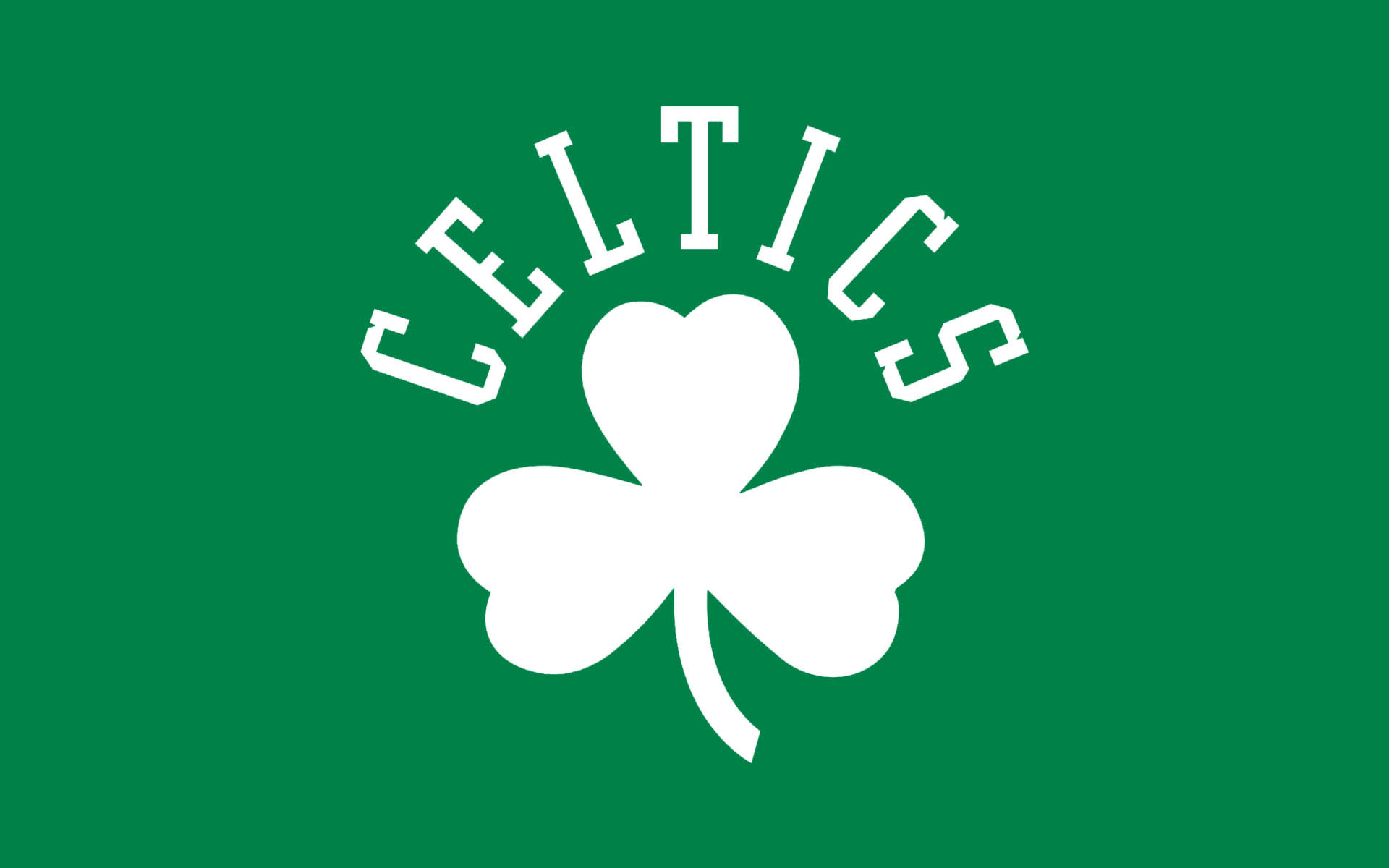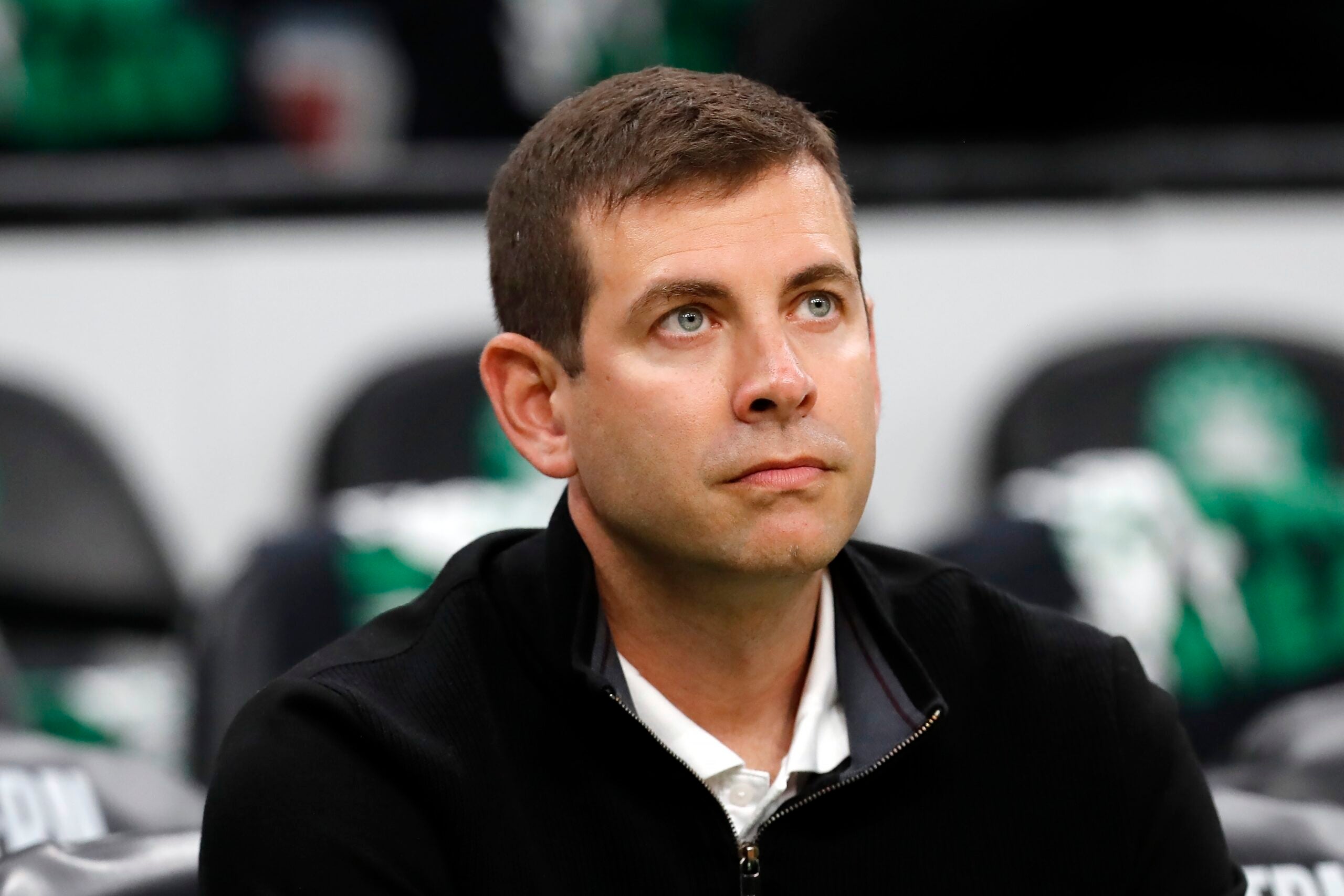When it comes to professional sports teams, ownership plays a crucial role in shaping their success and legacy. The Boston Celtics, one of the most iconic franchises in the NBA, has a rich history that extends beyond the court. Understanding who bought the Celtics and the impact of their ownership can provide valuable insights into the team's current trajectory and future prospects.
The Boston Celtics are not just another sports team; they are a symbol of excellence, tradition, and resilience. With 17 NBA championships under their belt, the Celtics have consistently been at the forefront of basketball excellence. However, like any successful franchise, the team's success is closely tied to its ownership. In recent years, changes in ownership have sparked curiosity among fans and analysts alike.
In this article, we will delve into the details of who bought the Celtics, the history of their ownership, and how it has influenced the team's performance. Whether you're a die-hard fan or simply interested in the business side of sports, this article will provide you with all the information you need to understand the dynamics of the Celtics' ownership.
Read also:Cbs Sports March Madness Your Ultimate Guide To The Greatest College Basketball Tournament
Table of Contents
- The Ownership History of the Boston Celtics
- Introduction to Walsh Family Sports
- Why Did the Walsh Family Buy the Celtics?
- The Financial Impact of New Ownership
- How Ownership Affects Team Performance
- Biography of the Walsh Family
- Future Plans for the Boston Celtics
- The Fan Perspective on Ownership Change
- Trends in Sports Team Ownership
- Conclusion: What Lies Ahead for the Celtics
The Ownership History of the Boston Celtics
The Boston Celtics have had a storied history of ownership, with several key figures playing pivotal roles in the franchise's development. The team was founded in 1946 by Walter Brown, who was also instrumental in establishing the Boston Bruins. Over the years, the ownership structure evolved, with the Celtics eventually being acquired by a group led by Boston businessman John Yawkey in 1953. Yawkey's tenure saw the team's golden era, marked by multiple championships.
In 2002, a group of investors, including Boston businessman John W. Henry, purchased the team. This ownership group brought significant changes, including the hiring of Danny Ainge as General Manager and the eventual acquisition of star players like Kevin Garnett and Ray Allen, which led to the team's 2008 NBA championship.
Fast forward to 2022, when the Walsh Family Sports, led by Wyc Grousbeck, purchased a controlling stake in the team. This acquisition marked a new chapter in the Celtics' history, with the Walsh family aiming to build on the team's legacy while modernizing its operations.
Introduction to Walsh Family Sports
Who Are the Walsh Family?
The Walsh Family, led by Wyc Grousbeck, is a prominent name in the world of sports ownership. Grousbeck, a Harvard Business School graduate, has a successful career in private equity and venture capital. His passion for sports led him to co-found Fenway Sports Group, the ownership group behind the Boston Red Sox and Liverpool FC.
Grousbeck's experience in managing sports franchises and his deep understanding of the business side of sports make him a formidable leader. The Walsh Family Sports group acquired a controlling interest in the Celtics in 2022, bringing a fresh perspective and innovative strategies to the franchise.
Why Did the Walsh Family Buy the Celtics?
The acquisition of the Boston Celtics by the Walsh Family Sports was driven by several strategic considerations. First and foremost, the Walsh family recognized the immense value of the Celtics brand, both in terms of its historical significance and its potential for future growth. The team's loyal fan base and global appeal make it an attractive investment opportunity.
Read also:Wofford A Comprehensive Guide To The Prestigious Institution
Additionally, the Walsh family aimed to leverage their expertise in sports management to enhance the team's operations. By investing in state-of-the-art facilities, technology, and player development programs, they hope to sustain the Celtics' competitive edge in the NBA.
Finally, the Walsh family's acquisition aligns with their vision of building a sports empire that spans multiple franchises. Their experience with the Boston Red Sox and Liverpool FC provides valuable insights into managing high-profile sports teams, which they aim to apply to the Celtics.
The Financial Impact of New Ownership
The purchase of the Boston Celtics by the Walsh Family Sports has significant financial implications for the franchise. With a reported purchase price of over $3 billion, the acquisition reflects the growing value of NBA teams in the current market. The Walsh family's deep pockets and financial acumen will undoubtedly provide a strong foundation for the team's future endeavors.
One of the key areas of focus for the new ownership is increasing revenue streams. This includes expanding the team's digital presence, enhancing fan engagement, and exploring new sponsorship opportunities. The Walsh family has already demonstrated their ability to drive revenue growth with the Boston Red Sox and Liverpool FC, and they aim to replicate this success with the Celtics.
Furthermore, the new ownership is committed to investing in player development and team infrastructure. By allocating resources to these areas, they aim to build a sustainable model of success that can withstand the ever-changing dynamics of the NBA.
How Ownership Affects Team Performance
Ownership plays a critical role in determining a team's performance on and off the court. The Walsh family's acquisition of the Boston Celtics is expected to have a positive impact on the team's overall performance. Their focus on player development, strategic decision-making, and financial stability will provide the necessary support for the team to compete at the highest level.
One of the key factors influencing team performance is the quality of management. The Walsh family has a proven track record of assembling strong management teams, and they are likely to bring the same level of expertise to the Celtics. This includes hiring experienced coaches, scouts, and front office personnel who can make informed decisions about player acquisitions and team strategy.
Additionally, the new ownership is committed to fostering a culture of excellence within the organization. By emphasizing teamwork, accountability, and innovation, they aim to create an environment where players and staff can thrive.
Biography of the Walsh Family
Key Members of the Walsh Family
Name: Wyc Grousbeck
Role: Founder and Managing Partner of Walsh Family Sports
Background: Wyc Grousbeck is a seasoned business executive with extensive experience in private equity and venture capital. He holds a degree from Harvard Business School and has been involved in several successful business ventures. His passion for sports led him to co-found Fenway Sports Group, which owns the Boston Red Sox and Liverpool FC.
Name: Steve Pagliuca
Role: Co-Owner of Walsh Family Sports
Background: Steve Pagliuca is a prominent businessman and philanthropist. He has a successful career in private equity and has been actively involved in sports ownership. Pagliuca's expertise in business strategy and operations has been instrumental in the success of Walsh Family Sports.
Name: Tom Werner
Role: Chairman of Walsh Family Sports
Background: Tom Werner is a well-known figure in the sports and entertainment industry. He has been involved in several high-profile sports ownership groups and has played a key role in the success of the Boston Red Sox and Liverpool FC. Werner's experience in media and entertainment adds value to the Walsh Family Sports group.
Future Plans for the Boston Celtics
The Walsh Family Sports has ambitious plans for the Boston Celtics. One of their key priorities is to modernize the team's operations by investing in cutting-edge technology and infrastructure. This includes upgrading the team's training facilities, enhancing the fan experience at TD Garden, and expanding the team's digital presence.
Another area of focus is player development. The Walsh family aims to build a strong pipeline of talent by investing in youth programs, scouting, and player acquisition. They recognize the importance of having a deep roster that can compete at the highest level and are committed to providing the necessary resources to achieve this goal.
Finally, the Walsh family is committed to fostering a strong community connection. By engaging with fans, supporting local initiatives, and promoting diversity and inclusion, they aim to strengthen the Celtics' bond with the Boston community.
The Fan Perspective on Ownership Change
For fans of the Boston Celtics, the acquisition by the Walsh Family Sports has been met with a mix of excitement and curiosity. Many fans are optimistic about the team's future under the new ownership, citing the Walsh family's successful track record with the Boston Red Sox and Liverpool FC. The promise of increased investment in player development and team infrastructure has generated enthusiasm among the fan base.
However, some fans remain cautious, questioning whether the new ownership will maintain the team's traditional values and culture. The Walsh family has acknowledged these concerns and has emphasized their commitment to preserving the Celtics' legacy while embracing innovation.
Overall, the fan perspective on the ownership change is positive, with many fans eager to see how the Walsh family will lead the team into the future.
Trends in Sports Team Ownership
The acquisition of the Boston Celtics by the Walsh Family Sports reflects broader trends in sports team ownership. In recent years, there has been a growing trend of high-net-worth individuals and investment groups acquiring sports franchises. This trend is driven by the increasing value of sports teams, the potential for revenue growth, and the prestige associated with owning a professional sports team.
Another trend is the emphasis on data-driven decision-making and technology integration. Modern ownership groups are leveraging advanced analytics and technology to gain a competitive edge in player acquisition, team strategy, and fan engagement. The Walsh family's acquisition of the Celtics aligns with these trends, as they plan to invest in cutting-edge technology and data analytics to enhance the team's operations.
Finally, there is a growing focus on sustainability and social responsibility in sports ownership. Ownership groups are increasingly recognizing the importance of promoting environmental sustainability, diversity, and inclusion within their organizations. The Walsh family has already demonstrated their commitment to these values, and they aim to incorporate them into the Celtics' operations.
Conclusion: What Lies Ahead for the Celtics
In conclusion, the acquisition of the Boston Celtics by the Walsh Family Sports marks a new era for the franchise. With their extensive experience in sports ownership and their commitment to innovation and excellence, the Walsh family is well-positioned to lead the Celtics into the future. Their focus on player development, financial stability, and community engagement will undoubtedly have a positive impact on the team's performance and legacy.
As the Celtics continue to navigate the ever-changing landscape of professional sports, fans can look forward to exciting developments under the new ownership. Whether it's through state-of-the-art facilities, innovative strategies, or a renewed commitment to community engagement, the Walsh family is poised to take the Celtics to new heights.
We invite you to share your thoughts and opinions on the ownership change in the comments section below. Your feedback is valuable, and we encourage you to explore other articles on our site for more insights into the world of sports ownership.


